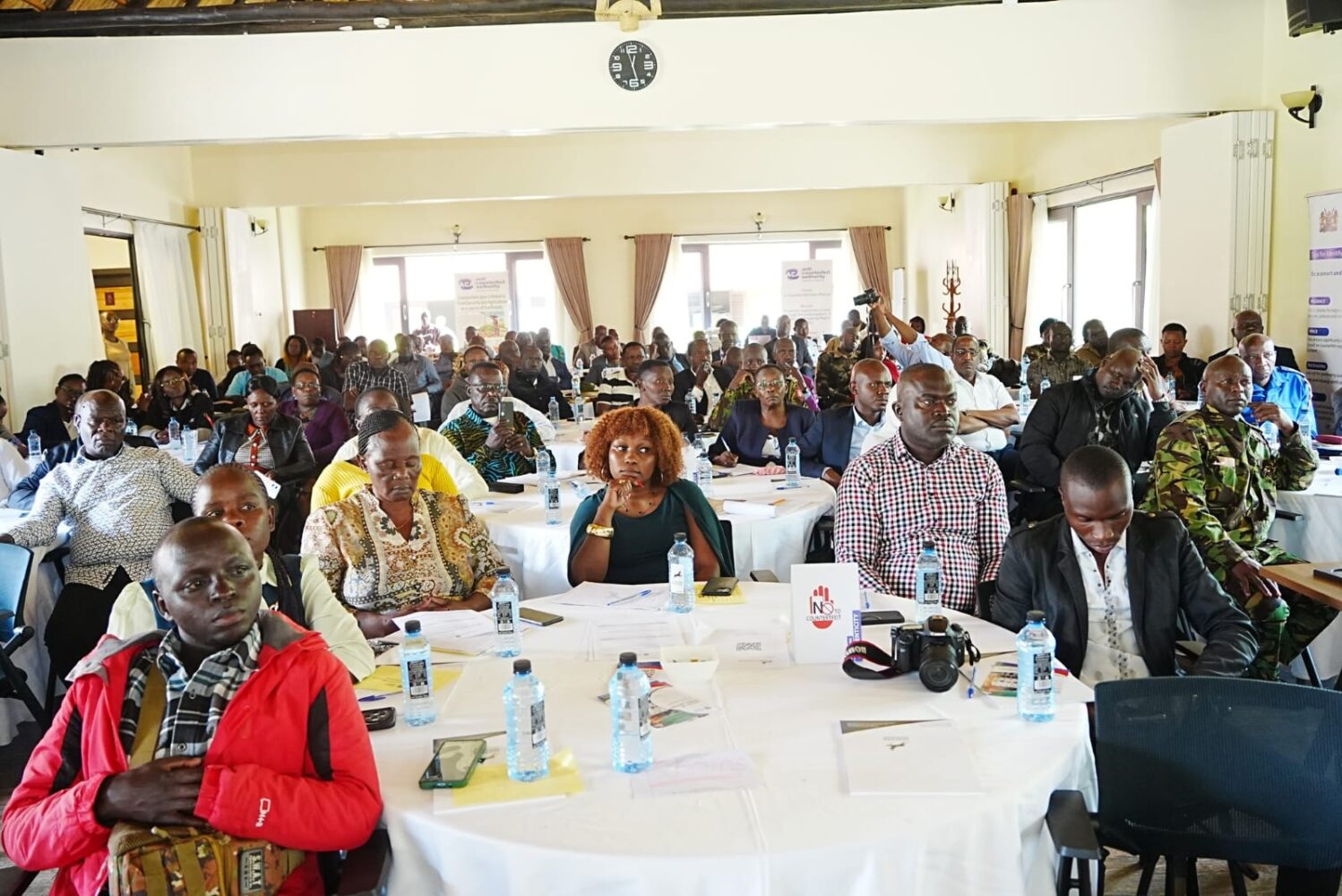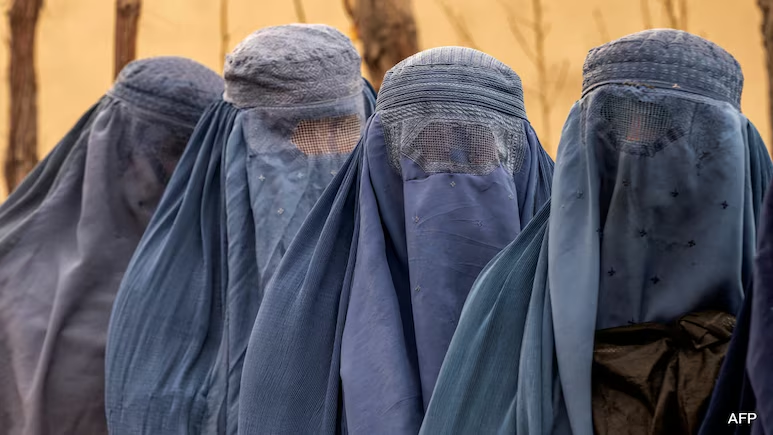Solomon Waliaula, Maasai Mara University
Nollywood, Nigeria’s prolific video-film industry, has been popular in Kenya since it was introduced to east Africa at around the turn of the century.
These low-budget, high-output films and TV series immediately struck a chord with ordinary people in lower income brackets. Although new Nollywood productions can be slick, high budget affairs, the bulk are not about high production values. They’re about real-life stories and social issues that are easy to relate to.
At first Nollywood films were screened in informal video-halls in poorer Kenyan communities, offering a unique going-to-the-movies experience. But in the first decade of the new millennium, TV stations began screening them. In Kenya, Nollywood was most popularly known as “Afrocinema” on TV, and it was soon a daily affair.
One of the audiences that has emerged are young women, often in their teens, working in urban Kenyan homes. Known as housemaids, they come from humble and materially deprived backgrounds and occupy a precarious position in the homes they work in. Their daily routine is a blend of domestic chores including childcare, cooking, cleaning and running errands for the family.
Employed through an informal system of social networking and patronage, housemaids don’t necessarily bring any training or experience to their jobs and generally aren’t offered employment contracts. The power is in the hands of the employer and there is little job security.
These young women were the subject of my recent study in the Kenyan city of Eldoret for the book Contemporary African Screen Worlds.
I explored the housemaid’s fandom of Nollywood films, as part of a decade-long study of electronic media audiences in the city.
It became clear that housemaids saw themselves as socially inferior to the families they worked for. Their identity as domestic labourers masked their identity as real people. Their social identity was defined by, and reducible to, their daily job card.
I found that they developed a special relationship with Nollywood cinema. This love of the movies (fandom) offered much more than leisure and companionship. Nollywood stories are a medium through which they could transcend the limits of their situations and aspire to other, more desirable worlds. Nollywood on TV helped them make sense of their lives.
The research
Twelve participants took part in the study, most of them housemaids, some former housemaids. All were drawn from similar neighbourhoods. Research mostly involved observing their working lives along with in-depth, unstructured interviews.
To establish some of the specific lessons the housemaids of Eldoret learnt from Nollywood, I asked each to discuss any two films that they considered as educational. I noted that there were some significant patterns.
The lessons raised were connected to the housemaids’ immediate life experiences, and many of the films mentioned seemed to explore the social impacts of poverty, and how it affects family relationships. The social costs of poverty on the family is a popular Nollywood theme.
Another kind of story that appealed to participants was the Cinderella tale. In these films, the orphaned girl living in abject poverty eventually becomes a princess.
Dina recalled a film that told the story of a poor woman whose father died and his extended family kicked her and her mother out. They moved to a slum. It so happened that she was actually destined to be a princess, but her father died before telling her the news. Her paternal grandmother eventually tracked her down, to link her up with her prince.
Most of the housemaids I’ve talked to over the years have clearly expressed their admiration for this Cinderella narrative in Nollywood stories. They can project themselves into her situation and use her experience as a source of hope for a better future.
Real life stories
But there were many other ways that housemaid fans of Nollywood said they saw their real lives in the films. One told me:
I used to watch films that presented young women who underwent life experiences that were like mine. But within the stories, their lives turned round, yet mine did not…
But then things changed:
I had reached the very end of my tether when God turned my life around. I met a man in church that proposed to me and we got married two months later. This is when I looked back and realised God had used Nollywood to prepare me for my portion.
She added:
The very first Nollywood film I watched was about a married couple who stayed with the wife’s mother, who ended up taking over her daughter’s husband. But the wife was a prayerful woman, and she consulted her pastor to intercede for their marriage as well. It worked.
True to Nollywood’s often melodramatic form, the mother became mentally deranged, drank a poisonous concoction and died.
I remember many other Nollywood stories that had been about the virtue of patience and waiting for God’s time.
In her case, Nollywood had helped her face her situation for what it was, and, in her view, it helped to keep her positive.
Why this matters
An exploration of the housemaids’ own understanding and use of Nollywood cinema becomes a medium through which to engage with the housemaids’ world – as well as their aspirational identities.
This is a social category of people that occupies a place of absolute subservience and has been forced by circumstances to live invisibly. Electronic media fandom is one of the few avenues where they can momentarily rise above their immediate circumstances.
The routine nature of the housemaids’ lives, coupled with limited social interaction and the pressures of long working hours, is a danger to mental health. For them Nollywood fandom served as a healthy antidote.![]()
Solomon Waliaula, Associate Professor, Department of Languages, Linguistics and Culture, Maasai Mara University
This article is republished from The Conversation under a Creative Commons license. Read the original article.












